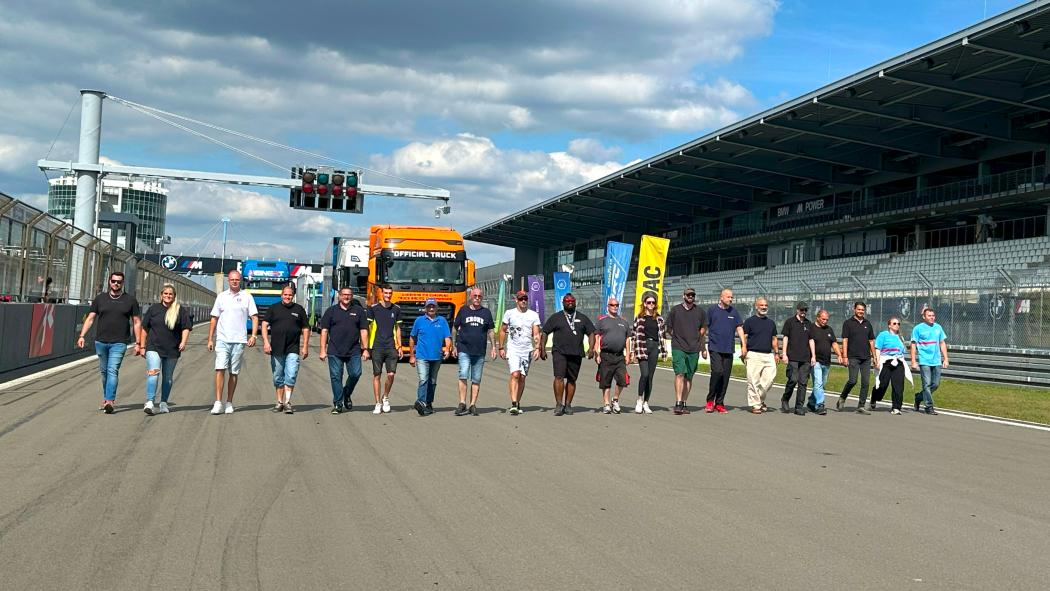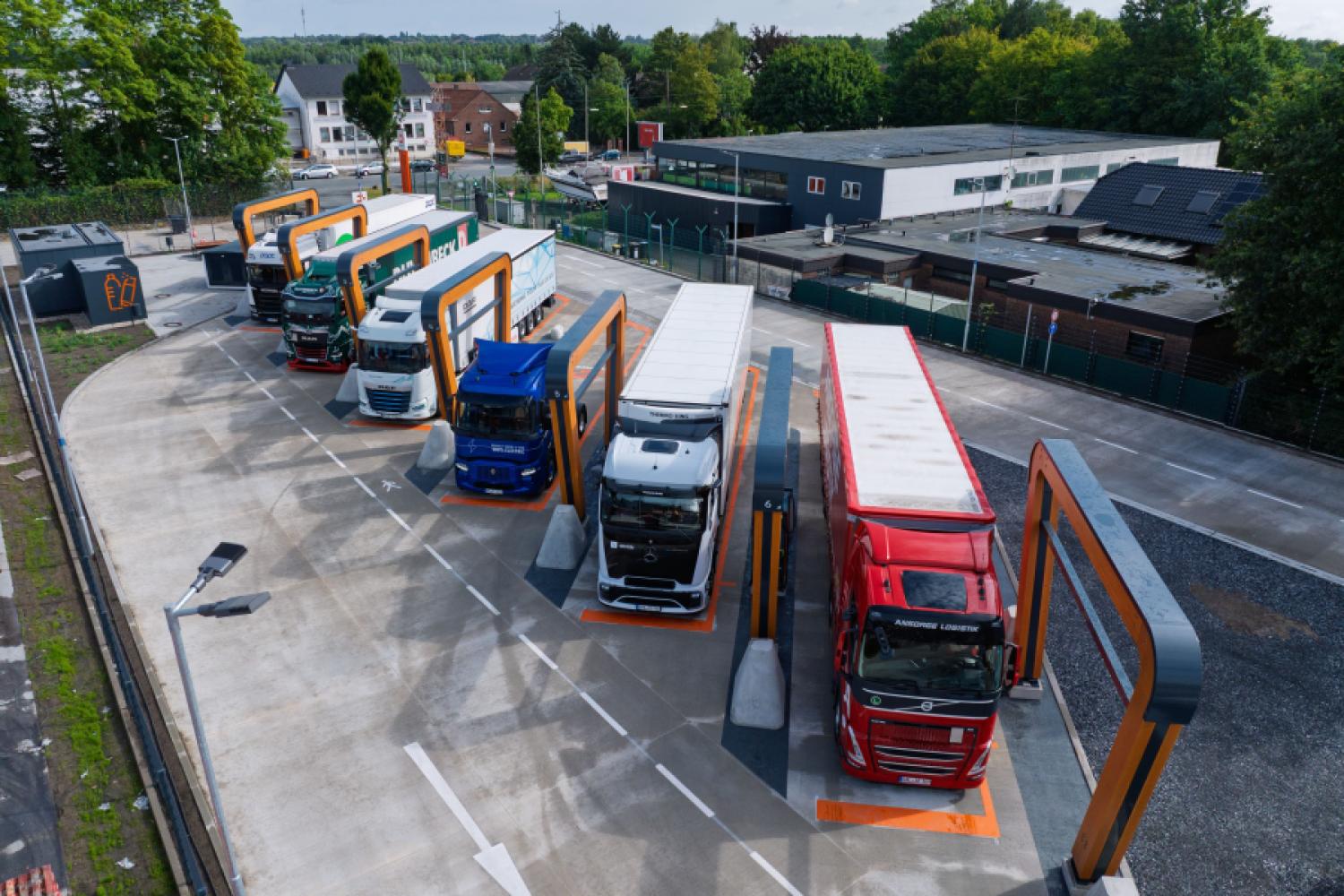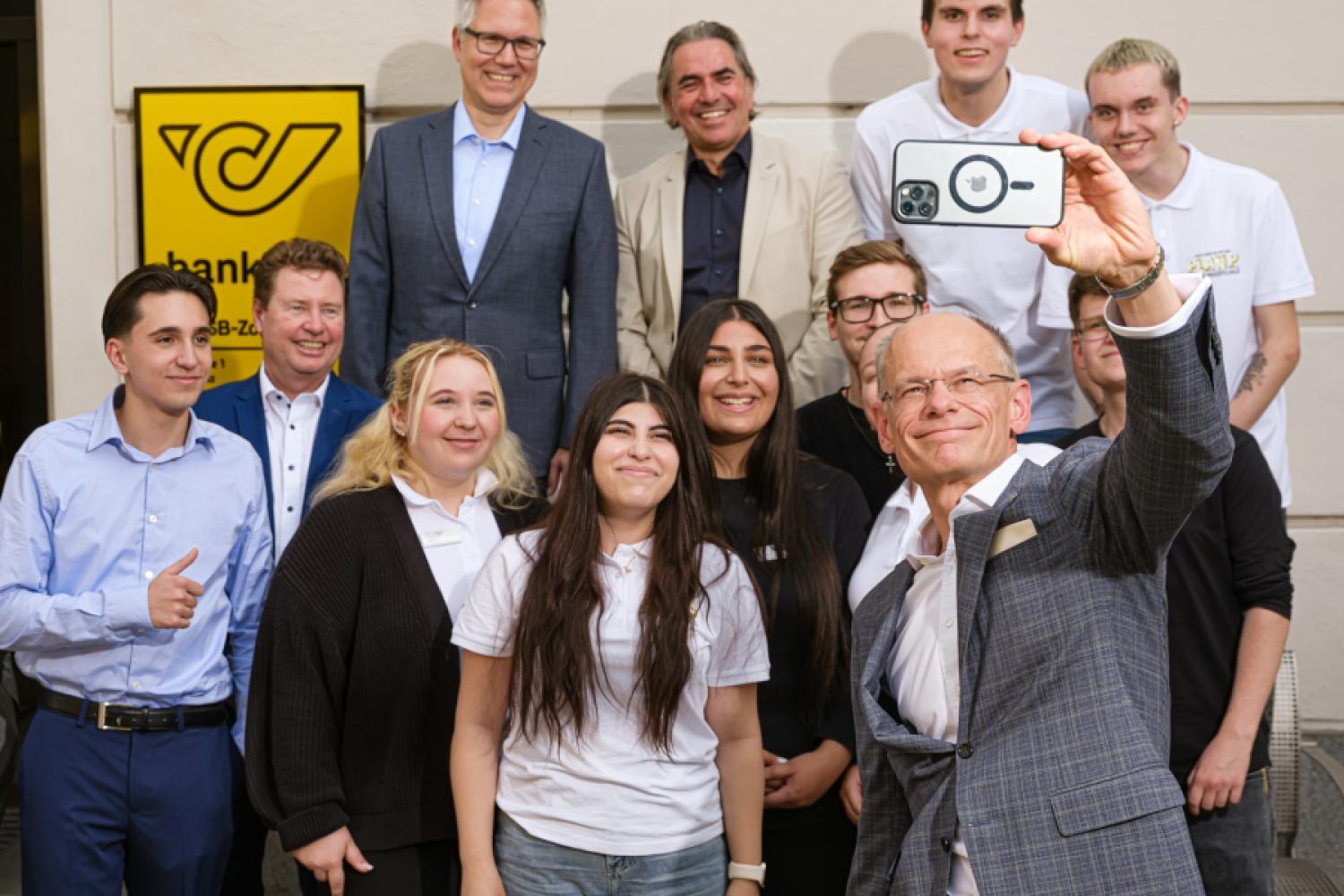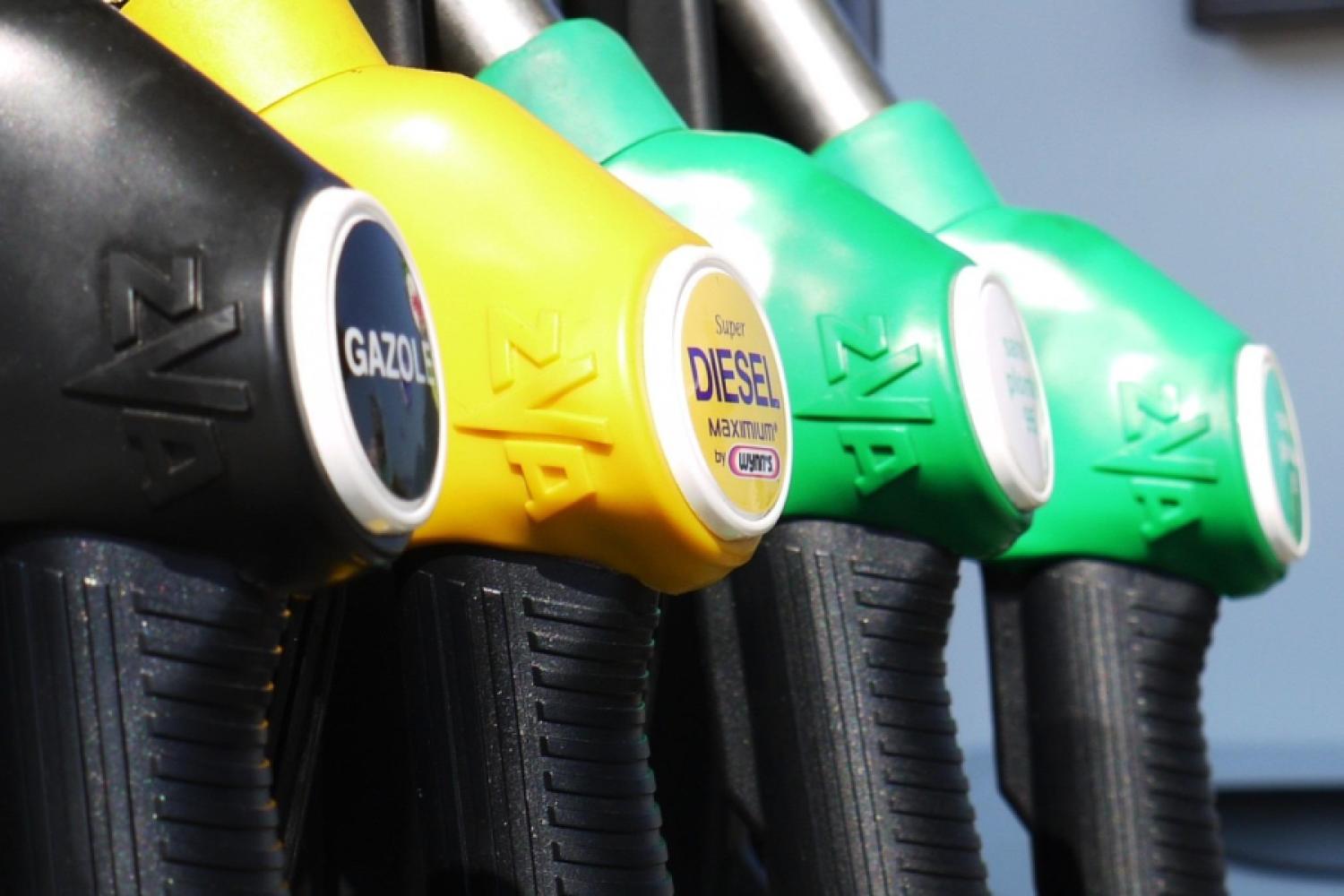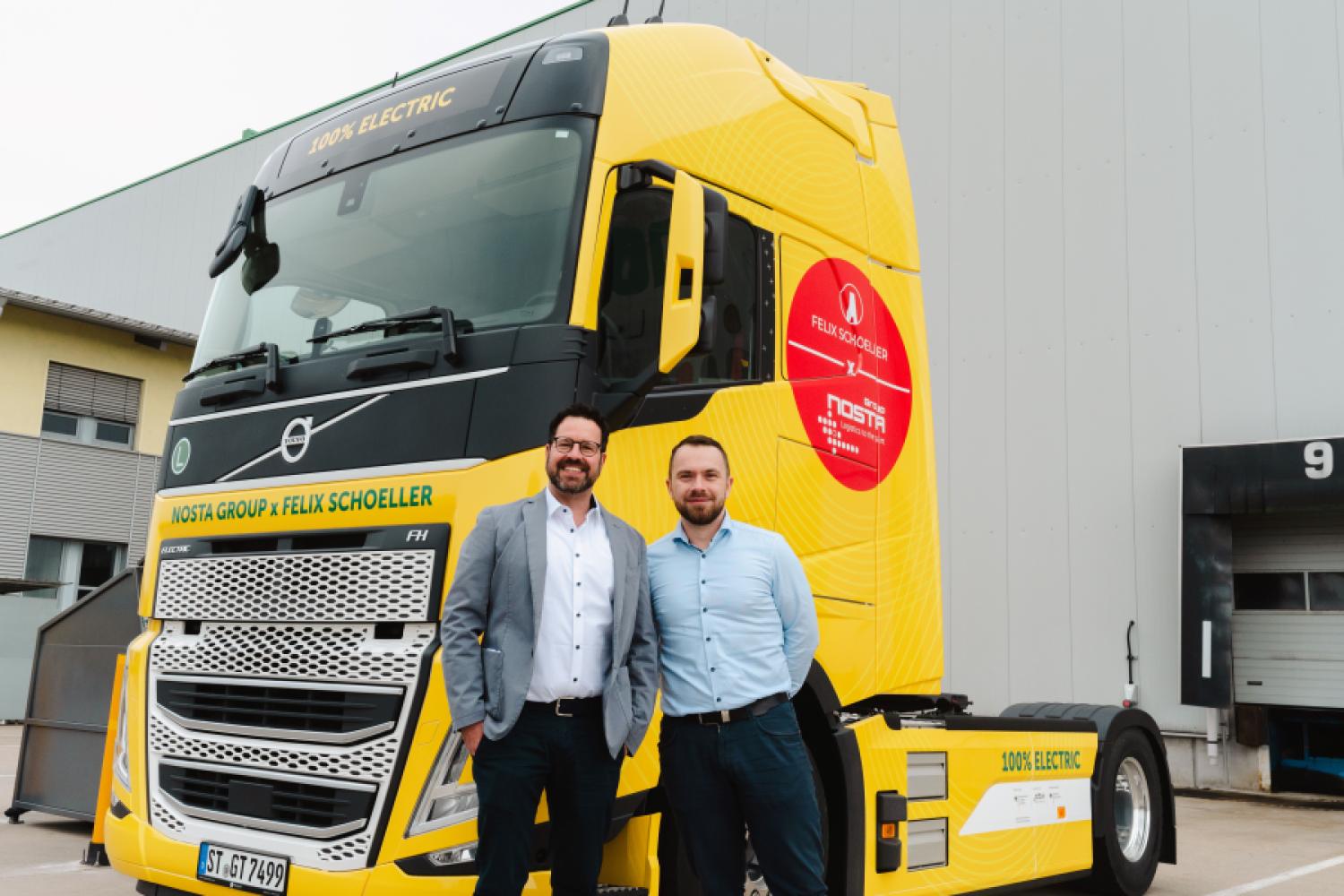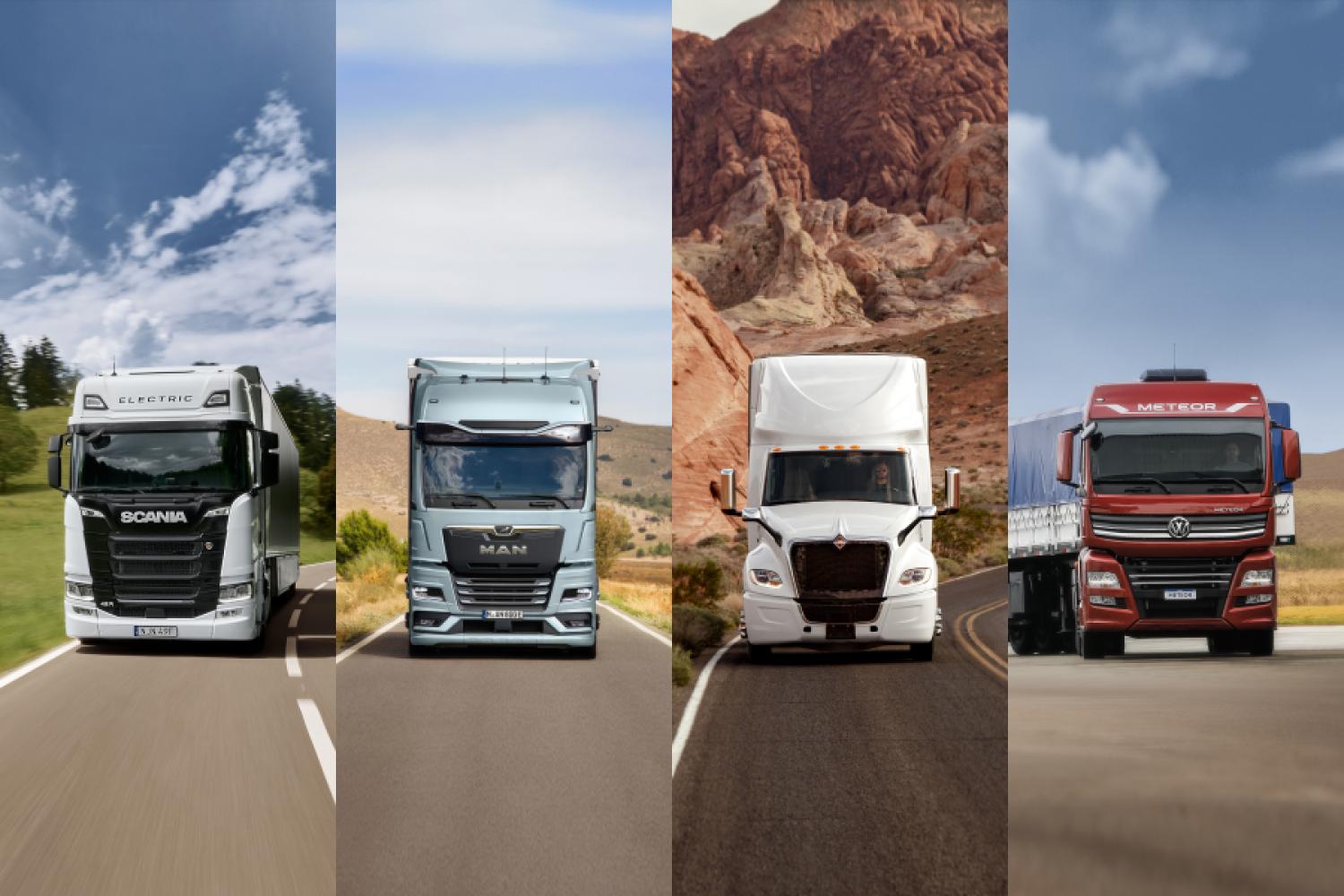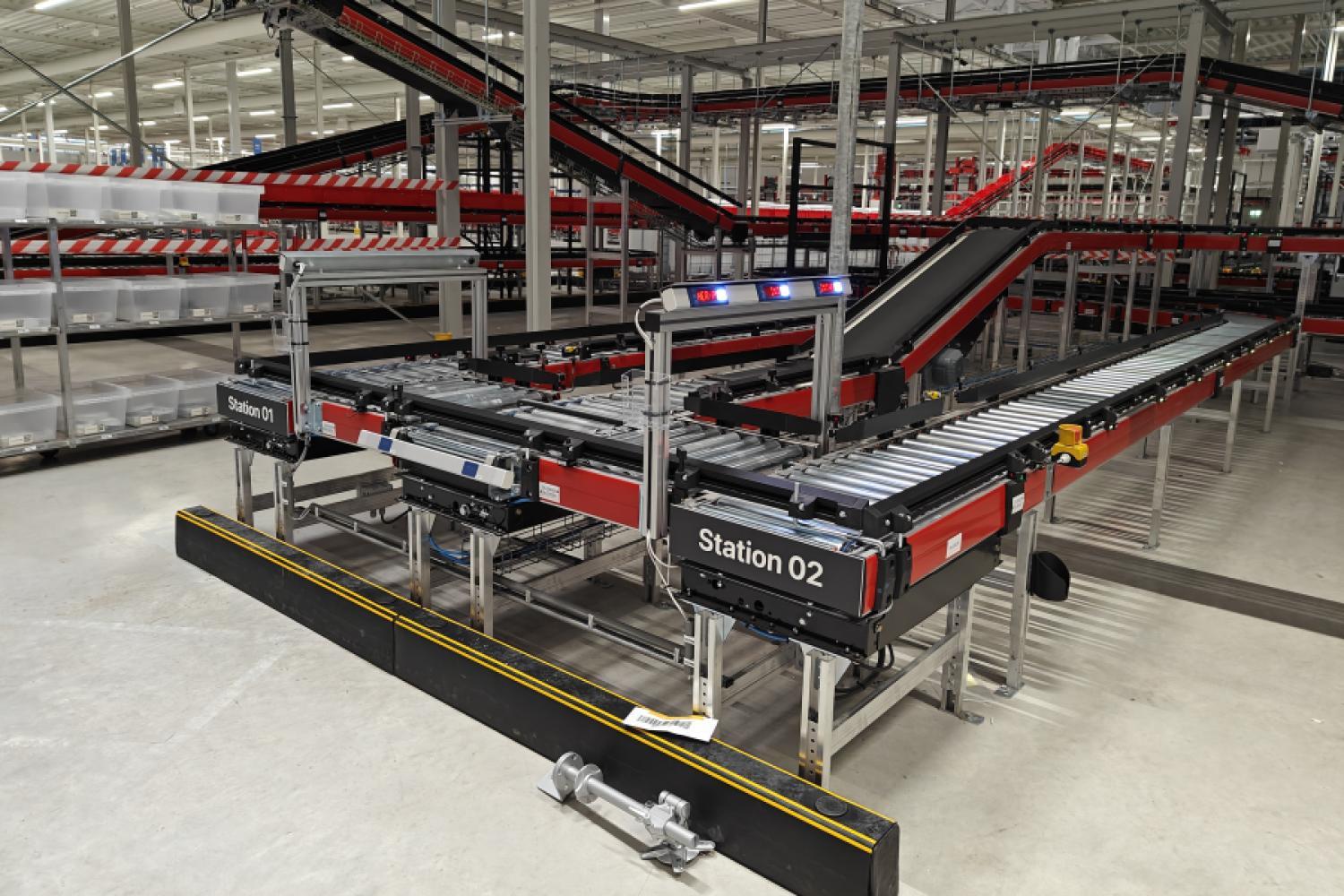The annual Truck Grand Prix at the Nürburgring is famous for the showdown that the strongest trucks carry out on the former Formula 1 track. But over time, the summer motorsport event of the heavyweight class has evolved into an attraction for truck fans in several respects. For example, about 60 companies from the commercial vehicle industry use the truck race as a platform to present their products at a kind of small trade fair.
More than 130,000 visitors, for example, can look forward to a selection of commercial vehicle tires and products related to the aftermarket. And an accompanying festival serves as a diverse entertainment program for young and old. As a new type of competition, Krone Nutzfahrzeuge introduced its Truck Efficiency Run with truck semitrailers for the year 2025. The successful premiere is reported by the Lower Saxony initiator in a press release. Additionally, the performance of Krone's eTrailer, intended to represent sustainable trailer technology, was showcased on the Eifel grounds.
Not strength and speed, but efficiency in focus
This year, not only horsepower-strong tractors but entire semitrailers were pitted against each other on the legendary racetrack — however, the goal of the 40-ton performance showcase is not about speed. Trailer manufacturer Krone calls its Truck Efficiency Run a "new type of competition for truck drivers". And describes the event on its website with the following words: "It's not about who is the fastest — but who drives the most efficiently".
So what is important is the opposite
of the skills needed for traditional truck racing. It is less about mastering an extraordinary race as the fastest with all one's might, presence of mind, and quick reactions; rather, in this type of skill, professional drivers are called upon to manage their everyday handling of the truck semitrailer as sustainably and fuel-efficiently as possible. Or in short, as stated in the YouTube video about the event: "Some goals are not reached with full throttle, but with brains".
In this regard, the vehicle brand is irrelevant — the focus is solely on the driver's skill. "How well do you use the potential of your truck?" is Krone's succinct question. The purpose of the competition is summed up on the event's website in the following words:
"Every driver shows their skills and talent from everyday work and how much strategy and precision are needed to optimize consumption and perfectly exploit the efficiency of their vehicle. Each participant competes against the values of their own vehicle — brand comparisons are omitted."
Participants from all over Germany
The first race of this format was successfully conducted according to a Krone press release. The winners emerged separately in the three drives: diesel, gas, and electric. In the first category, tractors powered by diesel substitute HVO (Hydrotreated Vegetable Oil) were also allowed, in the second bio-LNG powered, and in the third electric vehicles with fuel cells.
Professional drivers from all over Germany participated in the competition. Rather than focusing on speed as in racing competitions,
the aim is to cleverly navigate the semitrailer to the finish line as energy-efficiently as possible. The organizer sums up: "True efficiency is not just found in the data sheet — it is based on the interplay of driving style and technology".
The location for the semi-trailer competition within the framework of the Truck Grand Prix in mid-July 2025 was now the Nürburgring's Nordschleife, also called "the green hell" because the track is considered one of the most challenging in the world. With a length of exactly 24.358 kilometers, there are more than 70 curves and an altitude difference of 300 meters to overcome. "The track is still the gold standard for vehicle and driver tests", it says on the competition's website. "At the Truck Efficiency Run, it becomes a stage where drivers have to prove their skills in the real world — not with speed, but with skill, precision, and efficiency under real conditions."
Considered driving style counts
From the three drive types, the most efficient drivers were Colin Guppy from Hövelmann Logistik in the diesel category, Lukasz Marszal from Reinert Logistics in the LNG category, and Rolf Isermann from the Duvenbeck Group in the electric category.
"All three impressed with a conscious, forward-looking driving style and demonstrated how much efficiency potential can be unleashed in everyday life — regardless of the vehicle or drive being used",
reports Krone. What prompted the company itself to initiate this new type of competition is explained by Simon Richenhagen, Marketing Director at
Krone Trailer:
"With the Efficiency Run, we wanted to show how transport efficiency can be measured under real conditions — and how crucial the person behind the wheel is".
Finally, technology alone is also useless without "experienced hands" capable of exploiting the potential of the vehicles. "The positive response confirmed us: This topic moves the industry at just the right time."
The results were measured by the FIA (Fédération Internationale de l’Automobile), the international umbrella organization of automobile clubs based in Paris. According to the description, a performance index was determined by combining the two areas of consistency and efficiency. In terms of consistency, the focus was on constant speed, while for efficiency the actual consumption scored compared to the official manufacturer specifications.
Besides the actual competition, a special product also drew attention, presented by the trailer manufacturer from Werlte on the racetrack: the electrified eTrailer, which Krone developed in collaboration with Trailer Dynamics, also participated outside the competition. This trailer supports any tractor unit regardless of the drive with an e-axle that recovers braking energy through recuperation, and thus according to the provider, can also contribute to energy savings. Krone concludes:
"When drive technology meets anticipatory driving, an efficiency potential arises that is effective today. Its savings potential, between 40 and 50 percent in fuel depending on the deployment profile, impressively shows how intelligent trailer technology can significantly reduce CO2 emissions in freight transport."
A video of the event can be accessed on the competition's website and on YouTube.
